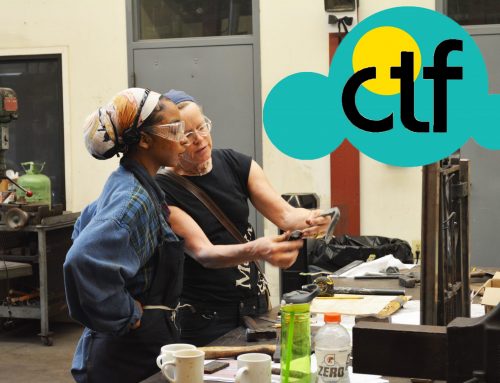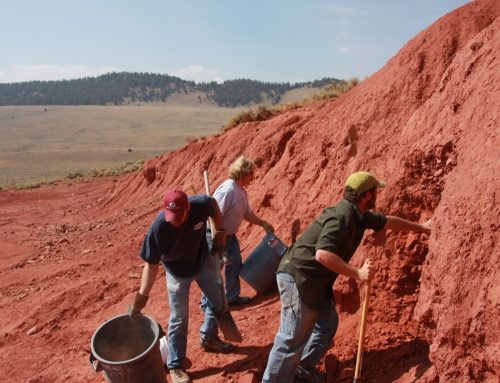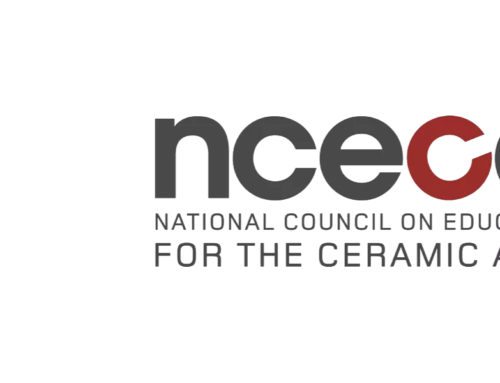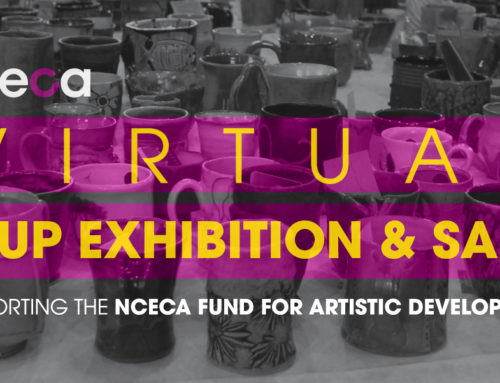Plenty, a collaborate exhibition by Allison Rose Craver and Katie Coughlin, will be on view at Heather Cooke Elliot, located in Suite 302 of the Marshall building, for the duration of the NCECA conference.
The exhibit includes a new collaborative work that celebrates the role of tableware in the development of memory and ritual as well as a selection of works made independently by each artist. Though Allison is primarily a potter and Katie’s work is often installation based, the artists share a commitment to basic forming techniques. Through pinching, throwing, and coiling each artist creates distinct works that convey a reverence for process, material honesty and craftsmanship. Both artists received their BFA from Alfred University in 2010, and have been incredibly active since then. Currently, Allison is the Studio Manager at Midwest Clay Project in Madison, WI, and Katie recently completed a long term residency at the Red Lodge Clay Center .
These are two emerging artists to watch out for….
Allison Rose Craver: In my practice, making and contemplation are one. Each work is a negotiation between intention, material skill and a personal romantic ideal. I find the inherent nuance of utilitarian objects particularly compelling. Working within the pottery discipline provides rich conceptual ground to explore ornament, ritual & generosity. My process includes a variety of construction techniques that inspire invention & intuition. By actively responding to individual pieces as they develop I hope to engender each with warmth and sensitivity. Through continued improvisation and care I articulate delicate formal relationships that celebrate a communion between poetics & utility.
Katie Coughlin: I use the impression my hand leaves as a way to document my presence in time and place. This methodical and repetitive method brings me comfort when I enter into unfamiliar territory while building. Through the assembling of vessels and sculpture, I explore the rememberings of an event or person. Using memory to push forward the complex understanding of human relationships, pinching comes as a natural, slow resolve for thoughts to emerge and process.











